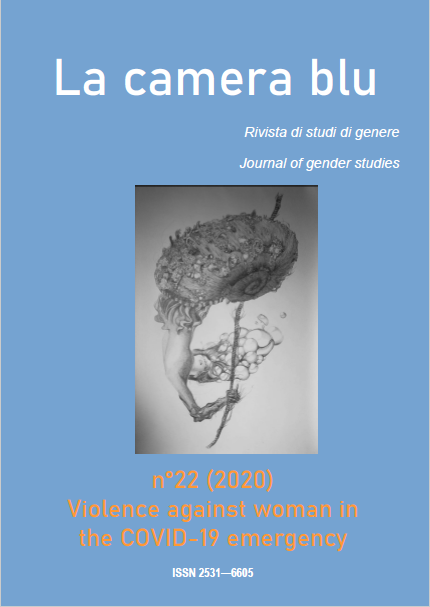Ecstatic Mimes. The Ethics of Bodies in Judith Butler: From Gender Performativity to the Performative Politics of Allied Bodies
DOI:
https://doi.org/10.6092/1827-9198/6738Keywords:
feminism, bodily performativity, ek-static self, post-hegelian acknowledgment, vulnerabilityAbstract
This paper focuses on the thoughts about the body in Judith Butler’s works. It observes how the core theme of corporeality, when merged with Hegelian idealism, can become the driving force of ethics that originate from bodies, cross-domain and active. We will start our analysis from gender-related problems – that is, from a corporeality affected by sexual differentiation; then we extend the range of analysis to political minorities. This drifting from a properly feminist thinking to a political reflection with much wider resonance, has led to a reinterpretation of the scene of acknowledgement in a post-Hegelian view: it becomes purely ek-static, the mark of a process by which the I, immersed naturally in a social consortium, is continually deprived of itself. More so, the ek-static structure becomes a pervasive model, endemic even to the corporeal dimension: in Notes Toward a Performative Theory of Assembly bodies emerge as entities marked by a constitutional vulnerability and, in our opinion, this is nothing but the exstatic datum of the self, moved to the corporeal dimension of existence.
Downloads
Downloads
Published
How to Cite
Issue
Section
License
La camera blu is an open access, online publication, with licence CCPL Creative Commons Attribution 3.0 Unported


